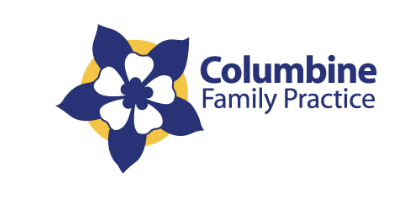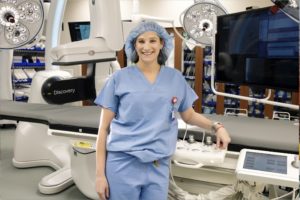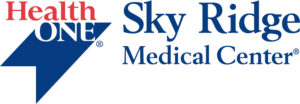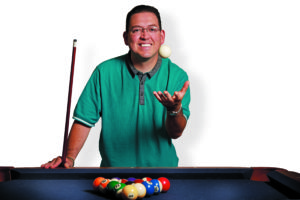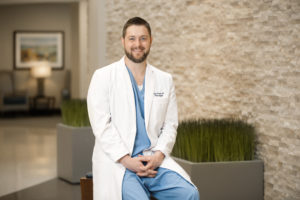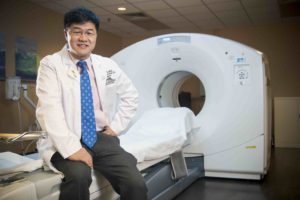Home > Directory Search Results
Tip: You can narrow down your results by selecting a specialty, location or both.
Search > All Physicians
We found 862 result(s) in our directory.
(You are viewing page 1 of results.)
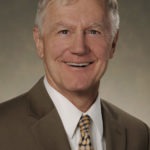
Stephen Annest, MD
Presbyterian/St. Luke's
Certified in Vascular Surgery by the American Board of Surgery
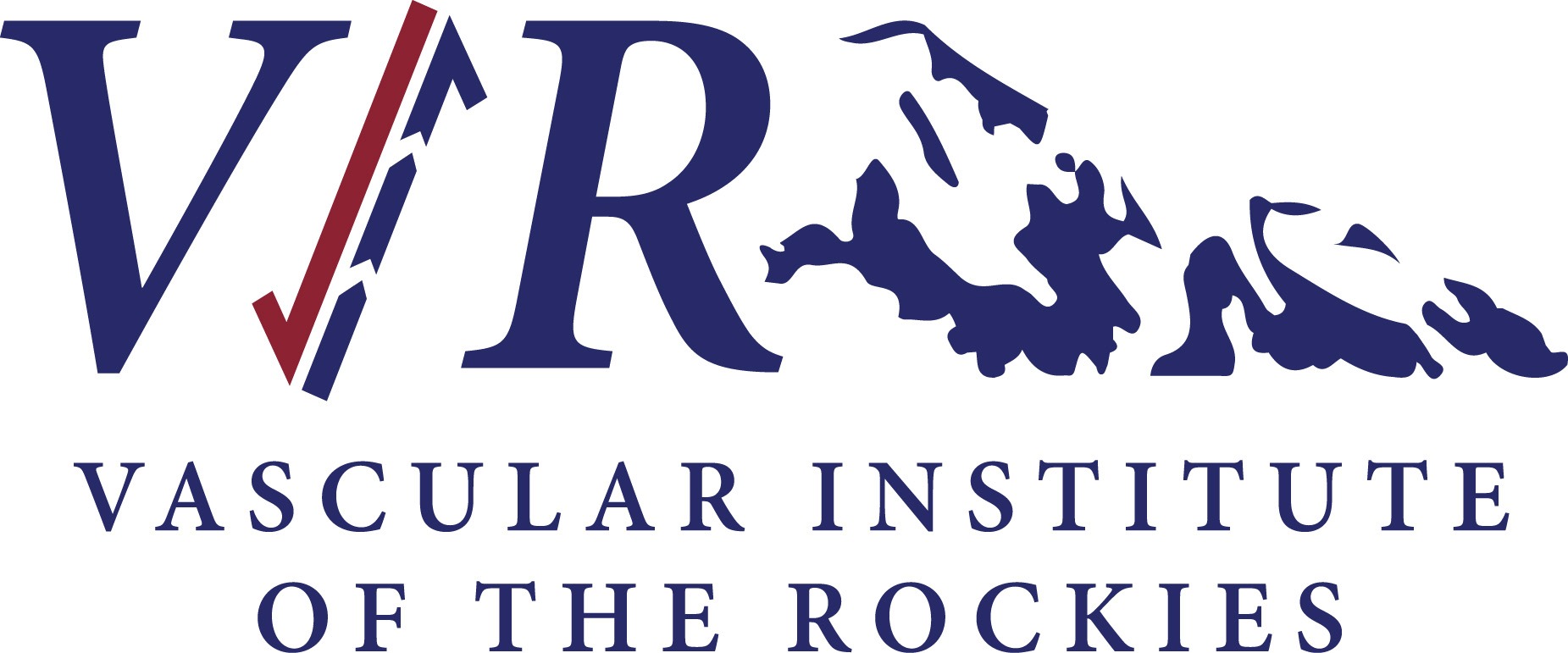
4105 E. Florida Ave., Suite 200, Denver
Articles & Videos
by Keith Singer
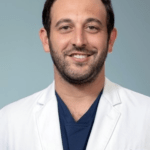
Joshua Axman, DO
Meet The Doctor
Dr. Joshua Axman always had an interest in the sciences, specifically how the human body and mind functions. While studying biology at the University of Florida in Gainesville, Josh started shadowing doctors, observing them with patients, to see if a career in medicine was right for him. “I have a wandering mind with a lot of interests, so I wanted to be certain that being a doctor was the right fit for me,” says Josh. A stint with a pediatric oncologist helped him commit. “It was a look at the difficult side of medicine,” he says. “But to see those sick children get better was very rewarding.”
Q: What drew you to family medicine?
Dr. Axman: I went on a medical mission trip to Jamaica while attending medical school. It was one of the first opportunities I had to apply what I had been learning in the classroom. The citizens there had very limited access to healthcare. Many had never had a checkup. I had the opportunity to educate patients about their health. I knew that family medicine would offer me that same opportunity to work one-on-one with patients to improve their overall health.
Q: What services do you provide as a family physician?
Dr. Axman: I offer preventive care and disease care for all ages. Of course, I want to help people avoid developing a chronic disease like high blood pressure or diabetes. But if you’re like many Americans who have these conditions, I work with you to ensure proper disease management. This goes beyond prescribing medication. As a doctor of osteopathic medicine, I take a holistic approach to the body and mind. Many outside factors like exercise, your diet, stress and mental health issues impact your physical health. I make sure we address all of these components.
Q: What sports medicine services do you provide?
Dr. Axman: As someone who likes to ski, hike and play sports, I’m dedicated to helping other Coloradans do the same. I grew up in Florida, but my family came to Colorado every winter to ski. I respect that many of my patients want to stay active. And I know it’s frustrating to have an injury or pain sideline you. My osteopathic background means I have deep knowledge of the musculoskeletal system. I’m trained in osteopathic manipulation, which helps the body heal.
Q: What can patients expect when they come to see you?
Dr. Axman: I think that I’m a good listener and a good educator. I take the time to hear what’s going on in a patient’s life, both in terms of their physical and mental health. Many of the patients I see are dealing with a lot of stress and mental health issues. These issues can have a significant negative impact on physical health.
I prefer to take a more hands-on investigative approach and collaborate with patients instead of simply referring them to specialists. I always share my thought processes with patients — why I’m ordering certain tests or why I’m prescribing a certain medicine. I make sure patients understand the medicines they’re taking like what side effects to expect or what to do if they forget a dose.
Q: Do you provide any volunteer services?
Dr. Axman: I serve as a preceptor for my alma mater, Nova Southeastern University College of Osteopathic Medicine in Fort Lauderdale, Florida. I host video lectures and sessions for their medical students.
Q: What are your outside interests?
Dr. Axman: My wife and I had a COVID baby, so he keeps us busy now. In addition to taking advantage of the Colorado outdoors, I like to play basketball. I’m into woodworking and have built furniture for our home, including a toy chest for my son. I love to cook, barbecue and smoke meats. I also love to travel and have been to Spain, Portugal, Vietnam, Hong Kong and Singapore. I’m looking forward to taking my son on some overseas trips when he’s older.
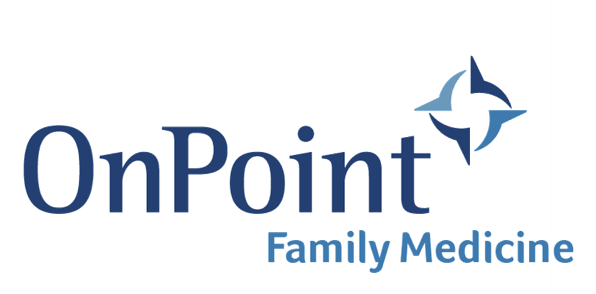
8200 E Belleview Ave, Ste 202, Greenwood Village
Articles & Videos

Shelby Bohm, FNP-C
American Academy of Nurse Practitioners

8200 E. Belleview Avenue Suite 202, Central Tower, Greenwood Village
Articles & Videos
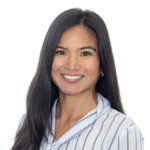
Charlene Borja, DO
The American Board of Family Medicine

David Burrows, MD
American Board of Internal Medicine

9218 Kimmer Dr. Ste 207, Lone Tree
Articles & Videos
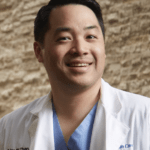
Tyler Chan, MD
Endocrinology
General Surgery
Meet The Doctor
HealthONE, The Medical Center of Aurora
TYLER CHAN, MD
Endocrine Surgeon with The Medical Center of Aurora
What attracted you to the field of endocrine surgery?
Chan: I started focusing on endocrine surgery after completing my surgical residency. I was attracted by how meticulous and refined the procedures are. The techniques have really advanced over the last several decades. I can perform minimally invasive surgeries that allow patients to go home the same day or the next morning with very little pain. In the past, patients would have a large surgical incision and spend several days recovering in the hospital.
What is endocrine surgery?
Chan: Endocrine surgery concentrates on the removal of endocrine organs, such as the thyroid, parathyroid glands and adrenal glands.
The majority of the procedures I perform are thyroidectomies, or surgical removal of the thyroid gland. This butterfly-shaped organ in the neck secretes hormones to help regulate metabolism. Thyroid removal may be needed if a patient has thyroid cancer, an enlarged thyroid (sometimes called goiters) or hyperthyroidism. Once the thyroid is removed, patients will require thyroid hormone replacement therapy.
I also perform surgery to remove one or more of the parathyroid glands that regulate calcium production. Sometimes these glands develop into benign tumors that secrete excess hormones, which leads to elevated calcium levels. This can lead to severe osteoporosis, kidney stones or extreme fatigue.
What surgery do you perform to treat adrenal gland problems?
Chan: The adrenal glands secrete hormones like adrenaline and cortisol. These two small organs sit above each kidney. The glands may develop cancerous or noncancerous tumors. Even noncancerous tumors can be problematic because they can secrete excess hormones. When this happens, you may develop uncontrollable high blood pressure, a racing heart, headaches and unexplained weight gain.
Adrenal gland surgery used to require a large abdominal incision. I perform the surgery laparoscopically. This minimally invasive approach requires four small incisions. Because the incisions are tiny, patients experience less blood loss, pain and scarring. They often stay overnight in the hospital and go home the next day.
What advice do you have for someone needing endocrine surgery?
Chan: If you need surgery, go to a surgeon who performs a high volume of endocrine surgery annually. The more experience a surgeon has, the greater your chances of a good outcome and recovery. My practice is focused on endocrine surgery and the latest techniques. Our operating rooms at The Medical Center of Aurora are equipped with the tools that enable the surgical team to successfully perform minimally invasive endocrine surgeries.

Mark Christensen, MD
The American Board of Family Medicine, Certificate of Added Qualification in Sports Medicine (CAQSM)
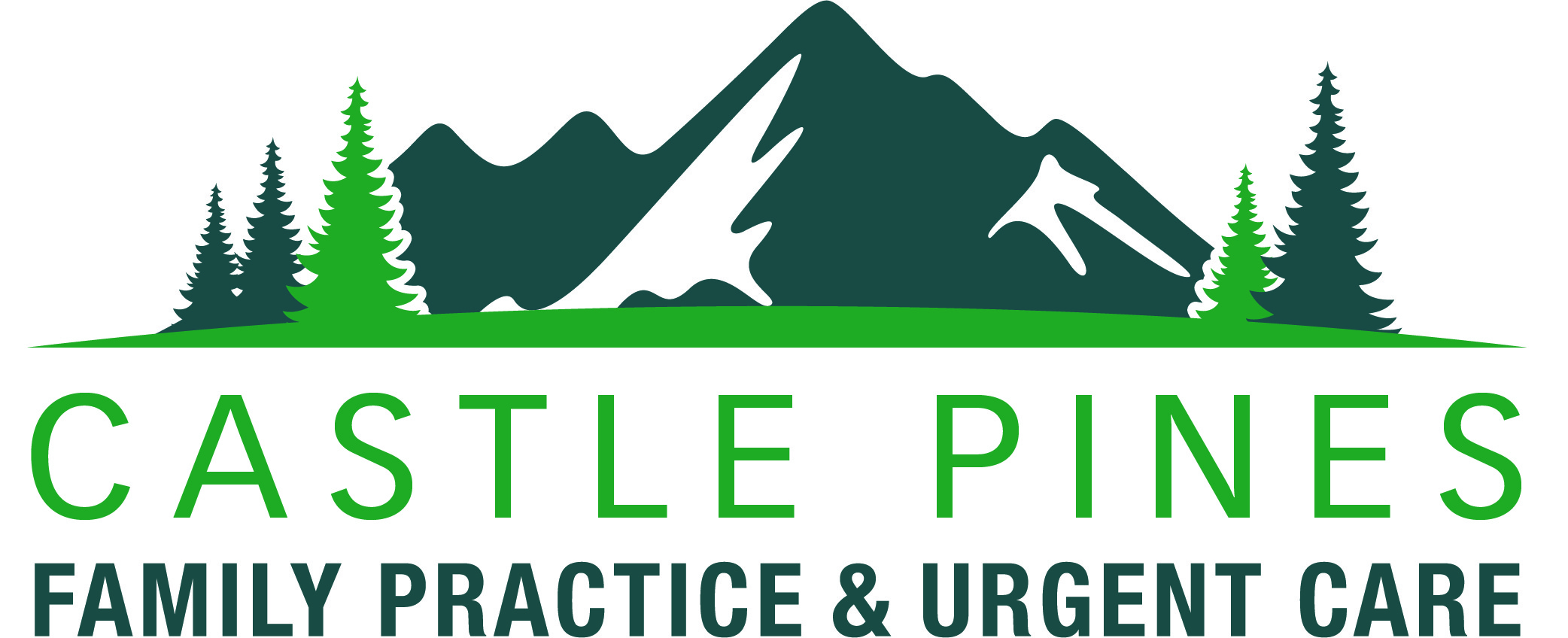
7280 Lagae Road, Unit J, Castle Pines
Articles & Videos
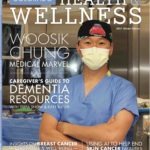
Woosik M. Chung, MD
Orthopedics
Orthopedics/Spine
Presbyterian St Lukes Medical Center, Sky Ridge Medical Center
American Board of Orthopaedic Surgery
Growing up in South Korea, a 3-year-old Chung severed both his hands when he reached toward a whirring tractor fan blade. The accident happened on a national holiday and his parents, an army surgeon and nurse, couldn’t locate a specialist to help, so together they reattached their son’s hands in a painstaking procedure. Afterward, Chung’s grandfather, a tae kwon do master, trained him in martial arts for years, gradually bringing his dexterity back to 100 percent and helping make him the surgeon he is today. “It was definitely a strong impetus to go into the world of medicine,” Dr. Chung says. “More than anything else, I thought, ‘I want to be able to help someone in such a dire circumstance.’”
Read Dr. Chung’s cover feature in Colorado Health & Wellness magazine, here!
1601 E. 19th Ave, Suite 6250, Denver

Brandon Ty Garland, MD
Certified in Vascular Surgery by the American Board of Surgery

4105 E. Florida Ave., Suite 200, Denver, CO 80222
Articles & Videos
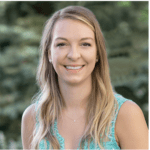
Kimberly Hildner, MD
Castle Rock Adventist, Littleton Adventist

7780 South Broadway, Arapahoe III Building, Suite 280 Littleton
2352 Meadows Blvd, Alexander Building, Suite 255, Castle Rock
Articles & Videos
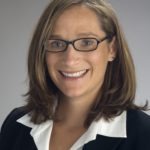
Colleen Hupp, DO
Vascular Surgery
Sky Ridge Medical Center
Board Certified Vascular Surgery, The American Board of Surgery
Dr. Colleen Hupp, a vascular surgeon at Sky Ridge, shares how its hybrid operating room benefits patients.
What is a hybrid OR?
Dr. Hupp: A hybrid operating room combines the sterile environment of a traditional operating room with advanced, fixed X-ray imaging systems. In a hybrid OR, surgeons can perform complex open surgeries as well as minimally invasive endovascular procedures, using real-time imaging for guidance.
What type of procedures take place in a hybrid OR?
Dr. Hupp: We’re currently performing endovascular procedures using catheters to open blocked blood vessels. We also can quickly treat abdominal aortic aneurysms, a life-threatening condition. If you’re at a medical center that doesn’t have a hybrid OR, open surgery is the only option to repair the artery aneurysm, or bulge, before it ruptures. In a hybrid OR, we can repair the aneurysm by placing a stent during a minimally invasive endovascular procedure. The success rate for endovascular repair is much higher than open abdominal aneurysm repair. Having a hybrid OR available is truly a game changer for these critically ill patients.
In the future, the cardiovascular team at Sky Ridge is expected to use the hybrid OR for heart procedures, such as heart valve repair or replacement and stent grafting.
What are the benefits of a hybrid OR?
Dr. Hupp: Patient benefits are tremendous. One vascular condition we treat is peripheral vascular disease (PVD). This condition occurs when vessels narrow that carry blood to the legs, arms, stomach or kidneys. Before the opening of the hybrid OR, I would conduct an angiogram, an X-ray that uses special dye to reveal blockages, in a catheterization lab or interventional radiology suite. If possible, I would perform a minimally invasive endovascular catheterization procedure to open the blocked vessel. But if a problem developed, we would need to quickly move the patient to an operating room for an open procedure. Conversely, if the angiogram showed that the blockage was too severe for catheterization, the patient would have to return another day for open surgery.
In a hybrid OR, we can perform multiple procedures in one setting during one hospital stay. Patients don’t have to stage their treatments over days or weeks. Fewer surgeries mean less cost, more convenience and decreased risk of complications. This also may help with recovery.
How many procedures have taken place in the hybrid OR?
Dr. Hupp: Since the opening of the hybrid OR in September 2017, our surgical teams have treated more than 80 vascular cases. All vascular procedures at Sky Ridge now take place in the hybrid OR. This technologically advanced room has everything we need to provide patients with the highest-level care.
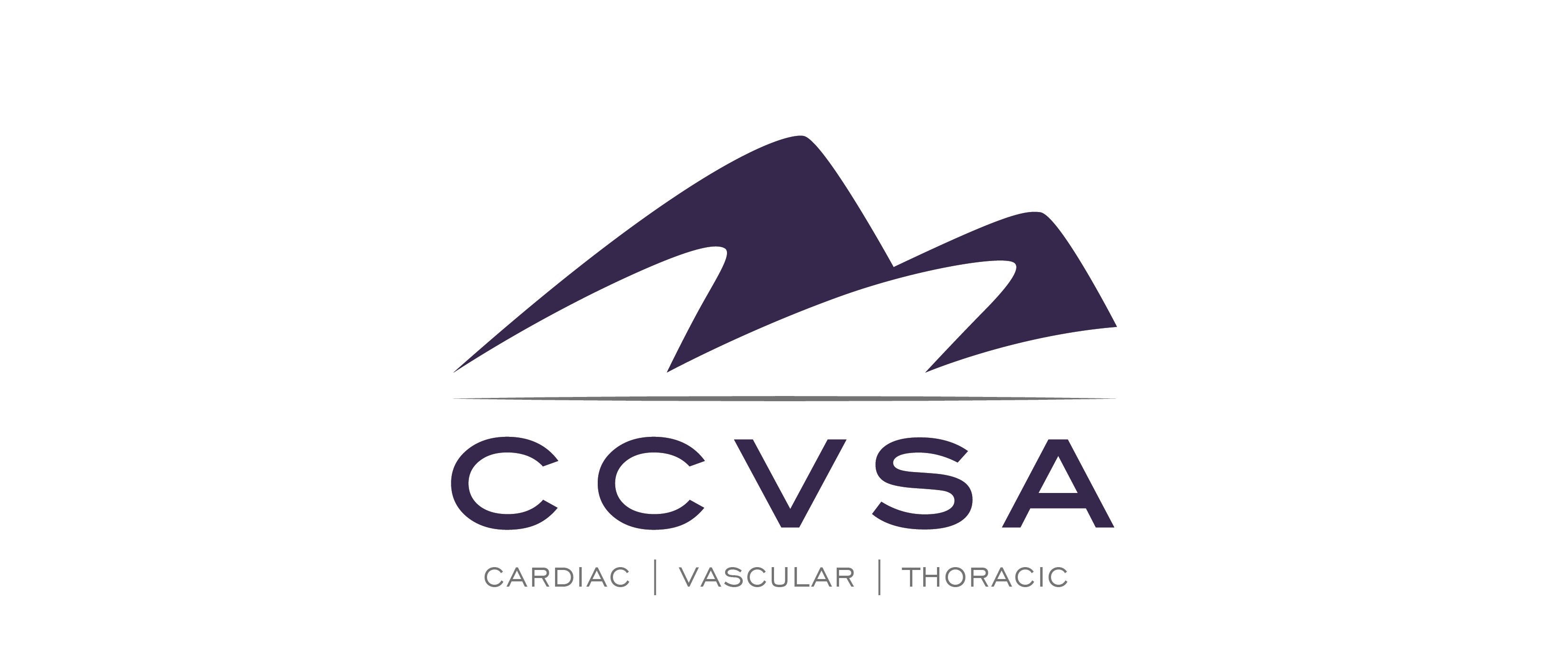
10103 RidgeGate Pkwy, Ste 207, Lone Tree
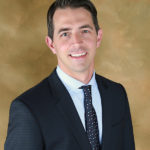
Brent Kimball, MD
Neuro-oncology
Neurosurgery/Spine
Sky Ridge Medical Center
American Board of Neurological Surgery
Complex Brain Surgery at Sky Ridge Saves Life of Centennial Resident
Centennial resident Tomas Martinez went to bed on March 11 with the worst headache he’d ever had in his 36 years. When he woke the next morning, his thoughts were jumbled. “I told him to let his boss know he couldn’t work, and he didn’t recognize her name,” recalls Tomas’ wife, Tatiana. “His comments were scaring me. I knew something was seriously wrong.” By the time the frantic couple reached Sky Ridge Medical Center, Tomas could no longer recall his birthday.
Imaging scans revealed that Tomas had a meningioma, a brain tumor that forms on membranes covering the brain and spinal cord. The tumor had hemorrhaged, and blood was irritating and inflaming his brain. In addition, the enlarged tumor blocked the pathway for spinal fluid, leading to a condition known as hydrocephalus, or water on the brain. “People with hydrocephalus deteriorate quickly due to increased pressure on the brain,” says Dr. Brent Kimball, director of neuro-oncology at Sky Ridge Medical Center and medical director of CarePoint Neurosurgery.
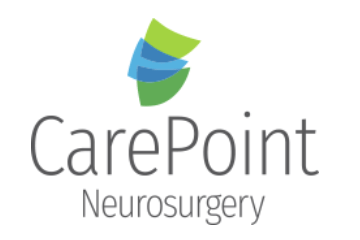
10099 RidgeGate Pkwy, Suite 480, Lone Tree
Articles & Videos

Brita Krabacher, DO
American Osteopathic Board of Internal Medicine

9135 S Ridgeline Blvd, Ste 190, Highlands Ranch
Articles & Videos
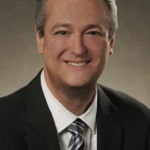
Bryan Kramer, MD
Certified in Surgery and Vascular Surgery by the American Board of Surgery

4105 E. Florida Ave., Suite 200, Denver, CO 80222
Articles & Videos

Craig Lehrman, MD
Plastic Surgery
Plastic Surgery Hand
Plastic Surgery Microvascular surgery
The Medical Center of Aurora, HealthONE
Board certified, Surgery of the Hand
What attracted you to the field of plastic surgery?
Dr. Lehrman: The term plastic surgery comes from the Greek word “plastikós,” meaning to restore and make whole. I was immediately drawn to the idea of being able to help in a way that positively impacts someone’s life. Cancer and trauma are very destructive. Having the ability to help restore “normal” appearance and function is amazing. At The Hand and Reconstructive Center of Colorado, we also provide care for people recovering from traumatic injuries including burns. In addition, I perform cosmetic procedures like face-lifts and body contouring to help restore a person’s self-confidence and form. The variety of surgeries I offer for people of all ages and stages of their lives make no two days quite alike.
What types of hand surgeries do you perform?
Dr. Lehrman: The most common conditions we see are carpal tunnel syndrome and trigger finger. With society’s increased use of smartphones and computers, I expect demand for this procedure to remain high. As a result of Coloradoan’s active lifestyles, we see a variety of injuries—from skier’s thumb to wrist fractures to sprains and strains. Depending on the problem, we may use nonsurgical or surgical treatments. My background training at the Mayo Clinic enables me to perform more complex surgeries to treat conditions like hand and wrist arthritis, as well as injuries that have failed to heal with standard treatments.
How do your microvascular surgical procedures work?
Dr. Lehrman: Microvascular surgery uses powerful microscopes and precision instruments to repair very tiny blood vessels and nerves. This surgical approach allows me to move tissue from one part of the body to heal another part of the body. With this surgery, I can reconnect blood vessels to restore blood flow and reattach severed fingers and hands. Microvascular surgery is most commonly used for reconstruction after cancer or traumatic injuries. It is a complex operation that requires the hands and skills of two surgeons.

1421 South Potomac St, Suite 230, Aurora
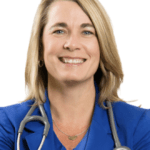
Chris Linares, MD
Sky Ridge Medical Center
American Academy of Family Physicians
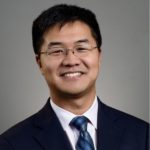
Eric Liu, MD
Cancer Care Neuroendocrine (NET)
Meet The Doctor
HealthONE, Presbyterian St. Lukes, Denver
Neuroendocrine Tumors and General Surgery, Fellow of the American College of Surgeons
What is the Neuroendocrine Tumor Institute?
Dr. Liu: People with NETs can seek state-of-the-art treatment at the Institute. Our multi-disciplinary team is led by Dr. Allen Cohn, a medical oncologist from RMCC specializing in carcinoids (a type of neuroendocrine tumor), Dr. Charles Nutting, an interventional radiology expert from Radiology Imaging Associates, and myself. We draw on our expertise to provide excellent care. Only a handful of centers across the U.S. deal with NETs to the extent we do.
What is a neuroendocrine tumor (NET)?
Dr. Liu: With the death of Steve Jobs, more people have heard of NETs. Yet, the public and, unfortunately many medical professionals, have scant knowledge about this uncommon cancer that affects the lungs, small intestine, rectum, pancreas, and other areas. NETs are abnormal growths that develop from neuroendocrine cells – these cells release hormones to help regulate most bodily functions. NETs can be benign (non-cancerous) or malignant (cancerous). NETs tend to be aggressive because they spread, but they are mostly slow-growing.
What are symptoms of a NET?
Dr. Liu: Symptoms of NETs can sometimes include diarrhea, abdominal pain, joint pain, flushing (blushing), wheezing and asthma. Occasionally, people have no symptoms.
How are NETs diagnosed and treated?
Dr. Liu: At the Institute, we use the latest developments in technology to diagnose and provide personalized treatment plans. For example, we use Netspot, a gallium kit that uses a high-res nuclear scan to take a picture of tumors to help locate and remove them. We also offer Lutathera treatments, a new therapy widely used in Europe that uses a reactive hormone carrying radiation to bind to tumors to stop growth. Lutathera is expected to be approved by the FDA in 2017, but we offer it through clinical trials. We also provide patients with multiple treatment options including surgery, hormone therapy, chemotherapy and radiation therapy.
How is the Institute helping patients?
Dr. Liu: Neuroendocrine cancer can be a treatable cancer. Our multi-disciplinary approach helps patients with diagnosis and treatment for a longer and productive life. Since NET treatment centers are uncommon, many patients routinely fly across the country and even to Europe for care. People in the region appreciate that the Institute is in Colorado providing comprehensive treatment.
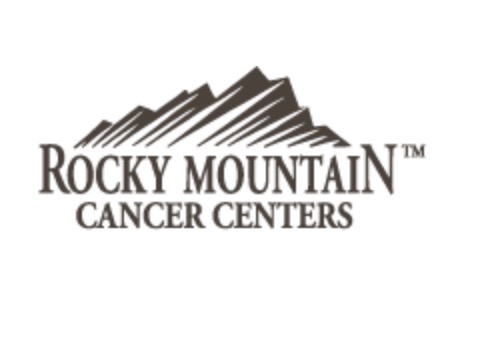
1800 N Williams St Suite 200, Denver, CO 80218
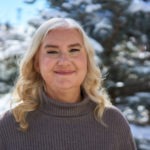
Shari Logan, FNP
Internal Medicine
Meet The Doctor
Shari Logan grew up in the small town of Clarkson, Nebraska, where family and community were at the heart of everything that mattered. “My grandparents, aunts, uncles and cousins lived just around the block,” she says. “Everybody knew each other, and word of any mischief spread quickly.” Shari had no time for mischief, though. She kept busy babysitting, lifeguarding, playing two musical instruments and being a three-sport high school athlete. When she set off for Creighton University in Omaha, Shari took her sense of community with her. (read on)
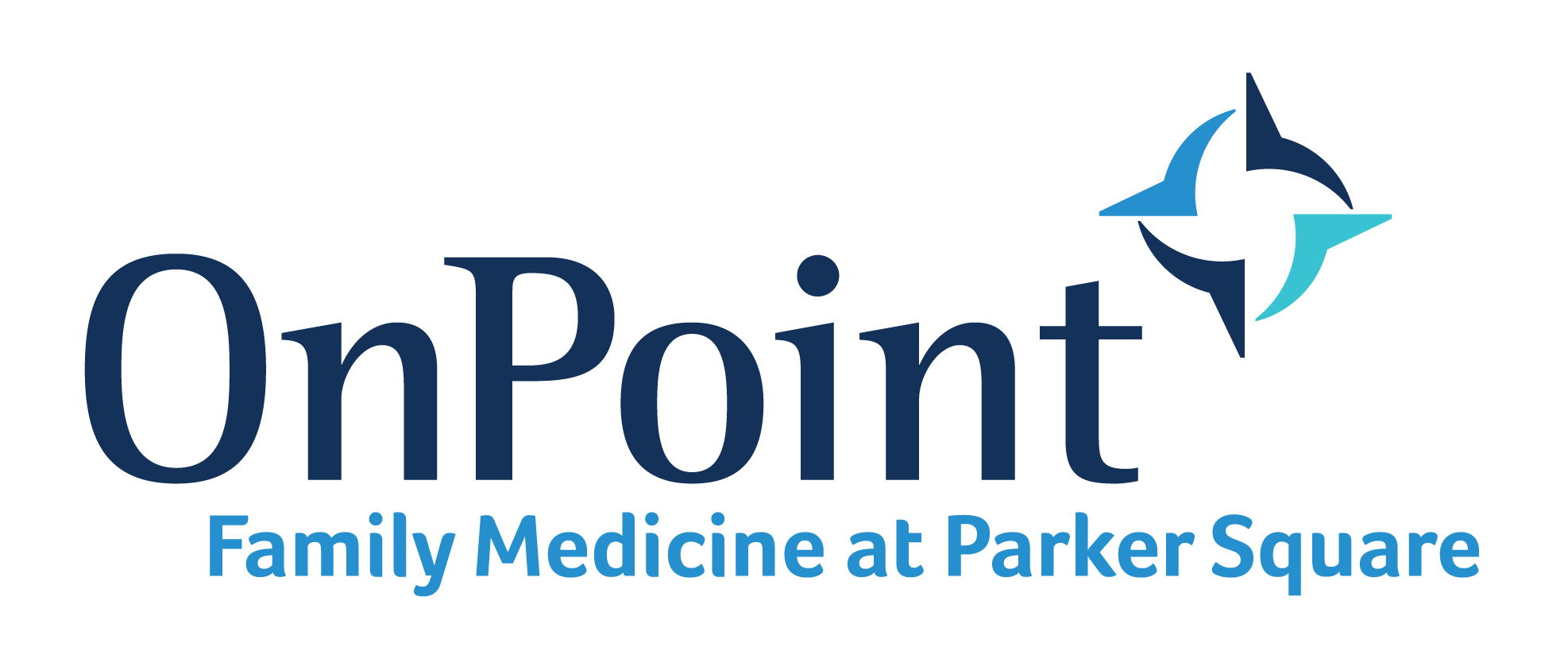
19641 E Parker Square Drive, Ste E, Parker
Articles & Videos
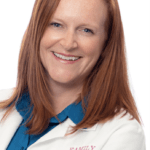
Chandra Marshall, DO
Meet The Doctor
American Board of Family Medicine
Chandra Marshall was a kindergartner when her 19-year-old uncle was paralyzed in a car accident. “Tyler lived with my family, so I thought of him as my big brother,” says Chandra, who still remembers spending long days at the hospital and rehabilitation center as she waited for Tyler to return to his former self and play with her. Tyler’s life with quadriplegia exposed the young girl to medical scenes most children would shirk from. “All of the doctors, nurses and therapists provided such kind encouragement and support to Tyler and our family,” she recalls. “I enjoyed their company.”
Five years later, Chandra found herself mirroring the compassion of those caregivers when her mom was diagnosed with multiple sclerosis (MS). Chandra helped look after her 3-year-old brother, and as soon as she was old enough to drive, she took her mom to her medical appointments.
By the time she was a sophomore at Columbine High School, Chandra already had a strong interest in medicine. When she survived the school shooting that claimed the lives of 12 of her classmates and a teacher, Chandra knew she wanted to become a doctor so she could help people.
Q: What attracted you to osteopathic medicine?
Dr. Marshall: The summer before my senior year of college, I went on a university-sponsored trip to China. I was among a group of students who visited three different provinces to learn more about traditional Chinese medicine. Their practices of using what we call complementary or alternative therapies like acupuncture and herbal medicines have been around for thousands of years. I was intrigued by this holistic approach to health and well-being.
People in China have no problem combining traditional practices with Western medicine when appropriate. I, too, felt there was a place for both approaches. When I learned that osteopathic medicine embraced a holistic approach, I knew that was the medical degree for me.
As a doctor of osteopathic medicine, I’m trained in osteopathic manipulation, an approach that’s similar to physical therapy. Patients are often surprised how a simple adjustment can alleviate an ache or solve another problem. While I don’t personally offer therapies like acupuncture, I fully support their use and have excellent referral connections for my patients.
Q: What do you enjoy most about being a family physician?
Dr. Marshall: I love providing care for all members of a family, from newborns to parents and grandparents. It allows me to really get to know my patients and be a partner in their care through all stages of life. It also means variety. In any given day I’m vaccinating children, doing well-woman exams, using osteopathic manipulation to ease muscle aches and pains, and helping patients make lifestyle changes to improve their health and manage chronic conditions.
Q: What can patients expect when they come to see you?
Dr. Marshall: I’m a pretty open and direct person. I was exposed to a lot of trauma at a young age, and I use those experiences to build trust with my patients. Many of us have dealt with some level of trauma in our lives like a divorce or financial hardship. I find that patients are more willing to open up to me when they know that I’ve overcome my own hardships.
I partner with patients who are at risk for chronic diseases like diabetes and high blood pressure, helping them make lifestyle changes to stay well. And if you’re like many Americans who already have one or more of these illnesses, I can help you find the right balance of medications, physical activity and diet to improve your health.
Q: What was your education and career path like?
Dr. Marshall: I served for six years as an F-16 avionics specialist with the Colorado Air National Guard while pursuing my college degree. People sometimes ask how that job relates to medicine. In both careers, there’s always a need to fix something, so a lot of problem solving happens. I also could look at a plane’s wiring and circuitry as being similar to the body’s nervous system.
Q: Why did you join Lone Tree Family Medicine?
Dr. Marshall: Although Dr. Chester Cedars is retired now from Lone Tree Family Medicine, he was my family’s primary care physician. He delivered my baby brother. When I was heading off to college, Dr. Cedars was one of my biggest supporters. He told me I would have a job waiting at Lone Tree Family Medicine when I got my medical degree. And here I am.
Q: What are your outside interests?
Dr. Marshall: Prior to my son’s birth in late 2020, I liked to fill my time attending concerts, training for endurance events or just being outside biking, hiking, rollerblading or snowboarding. I also enjoy cooking, crocheting and painting. Like a lot of my patients, I’m still trying to master the art of juggling work and family. As much as possible, I try to enjoy the Colorado outdoors with my family, including our dog.

10103 Ridgegate Parkway, Ste G23, Lone Tree
Articles & Videos

Barbara Melendez, MD
Certified in Vascular Surgery by the American Board of Surgery

4105 E. Florida Ave., Suite 200, Denver, CO 80222
Articles & Videos
by Keith Singer

